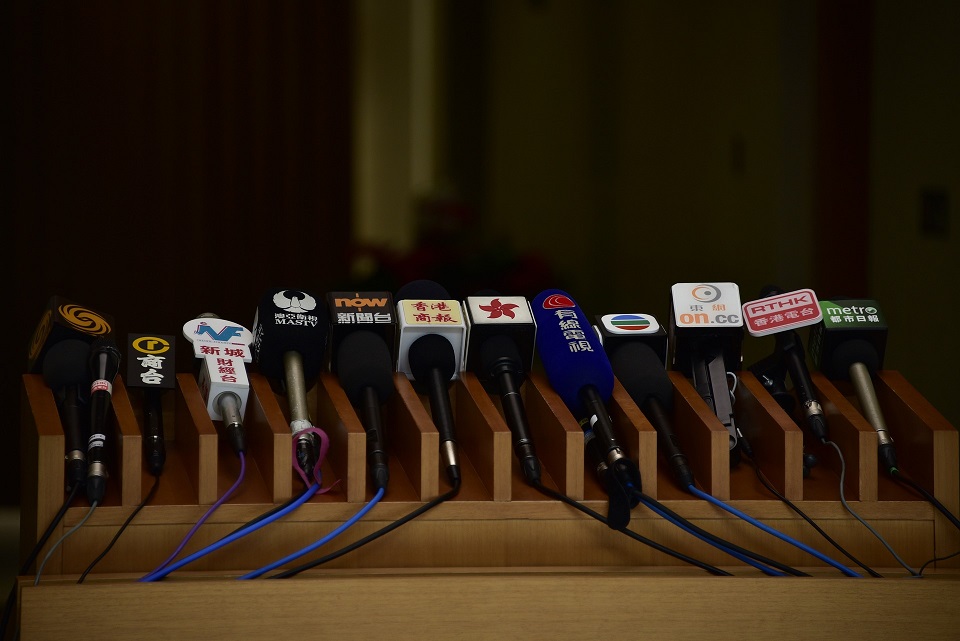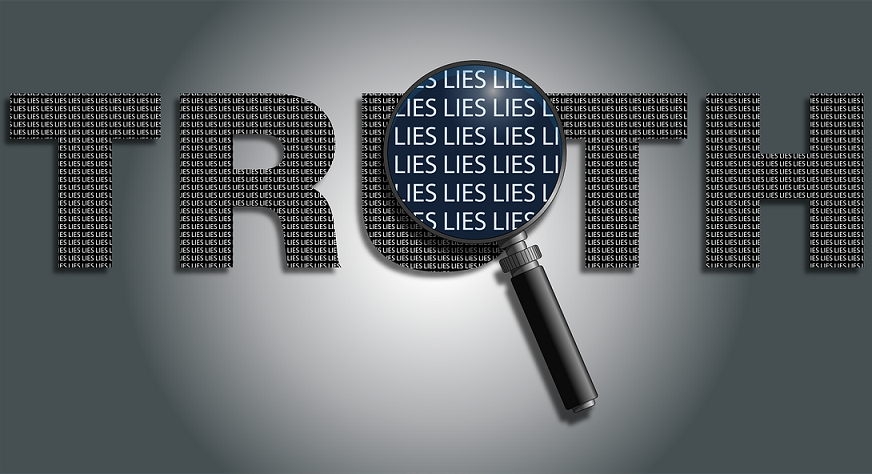Observers believe that, far from recognising a total restriction of press freedom, the West prefers to denounce alleged propaganda in their attempt to close off any possibility of an alternative opinion.
 Antonio Rondón García
Antonio Rondón García
Some seem to forget the crucial role of company and previews in the court of public opinion in the United States and abroad, which Hollywood studios play with in many of their films.
Neither do they want to talk about the artillery preparation with fake news carried out by the US Agency for International Development (USAID) against Russia and other governments like Syria, Cuba and Venezuela, for example. Europe, on the other hand, lashes out at the Arabic language service in Russian media, something that appears to be far from the conflict in Ukraine, but is rather close to the consequences of the West’s sanctions on Moscow for their role in the confrontation.
The fact is that recently there has become a strong trend in the West: branding as propaganda any uncomfortable truth that could affect their alleged hegemony over the media.
In the United States, for example, any news favourable to Russia is pursued and cornered as sacrilege, under the argument that this assumes a position in support of President Vladimir Putin’s government.
 To begin with, only the topic of politics was demonised in the case of Russia, but now it has spread to all areas: economy, culture and sport.
To begin with, only the topic of politics was demonised in the case of Russia, but now it has spread to all areas: economy, culture and sport.
The desire to designate Russian media as mere propaganda-makers started long before the war in Ukraine.
Now, on their tenth round of unilateral punitive measures against Russia, the EU has just prohibited broadcasting of the channel Russia Today and the Arabic language service broadcasts of the Sputnik agency in Europe.
Countries like the United States, Canada, Japan and Australia, as well as the EU, applied more than 11,000 punitive measures a long time before the operation in Ukraine started.
It included a phased boycott of the purchase of Russian gas and petrol, of which pipeline supplies are still excluded. At the time, Russia exported 27% of crude oil and almost 40% of gas consumed by Europe, the latter sent by gas pipeline. In the interests of increasing the volume of Russian gas supplies to Europe, the gas pipelines Nord Stream I and Nord Stream II were built, going beyond the Soyuz duct system that passes through Ukraine. Moscow highlights allegations that the US blew up both gas pipelines last year and so left Europe without the majority of the gas traded by Russia.
 This led Europeans to seek alternative routes, in addition to US shale companies, with their high prices and continuous failures in delivering the gas.
This led Europeans to seek alternative routes, in addition to US shale companies, with their high prices and continuous failures in delivering the gas.
One of the serious alternatives in the energy sphere comes from countries like Saudi Arabia and Qatar, where, contrary to Western hopes, a substantial improvement in their relationships with Russia has occurred.
What is broadcast in Arabic by RT and Sputnik about the Syrian government’s fight against terrorism or the good economic relationships that Russia has with Saudi Arabia, Arab Emirates and Qatar, does not help in any way to break those bonds just as the West desires. However, those who organise the inquisition of “propagandists”, seem to do it only because they feel that their effects are decreasing, in a world where not only the alleged political hegemony of the West, but also of the media, is facing serious problems to overcome. PL
(Translated by Donna Daviso – Email: donna_davison@hotmail.com) – Photos: Pixabay












.jpg)












